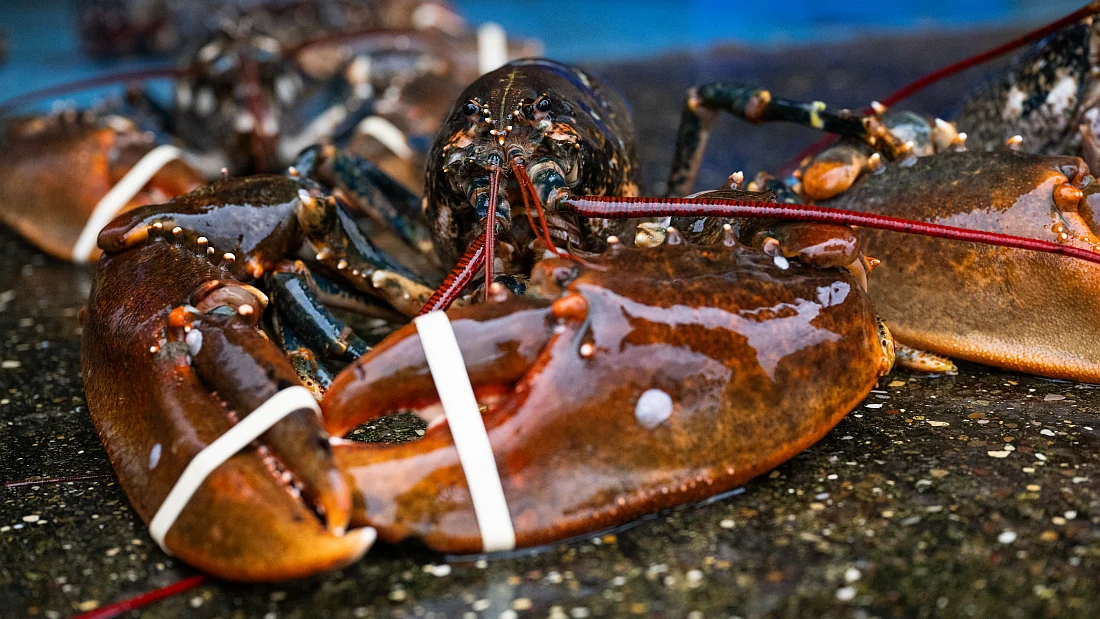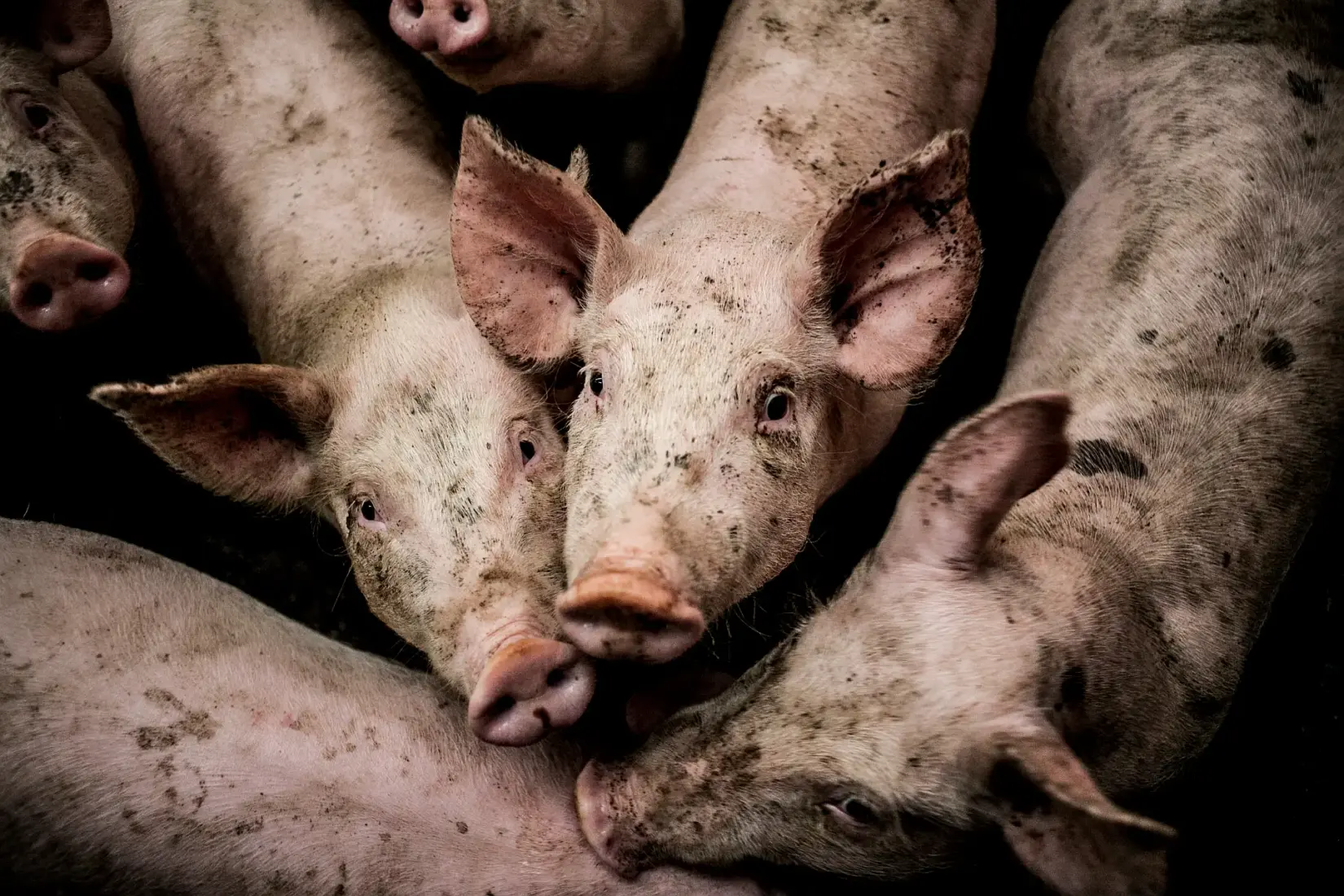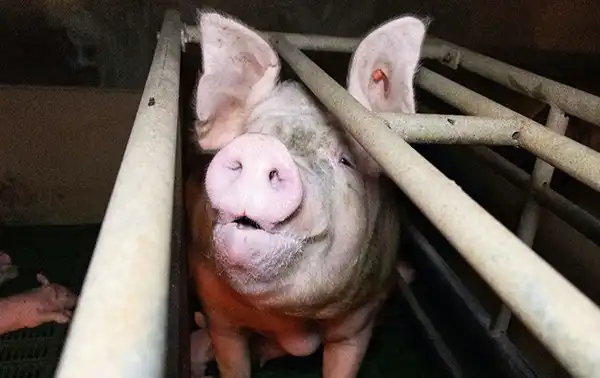Milking the norm

A new study1 has appeared claiming that small children given non-dairy milks don’t grow as fast as children who drink cow’s milk. In this study of 2-6-year olds, for each cup of plant milk children consumed daily, they were on average 0.4 cm shorter than those who drank dairy milk. At three years of age, the difference was 1.5 cm. The findings don’t show a cause and effect, only a potential link but the researchers are quick to warn against non-dairy milks.
The study results raise an important question about what’s normal and the effect of insulin-like growth factor 1 (IGF-1) from milk. IGF-1 is a hormone produced in the liver and body tissues of mammals and is naturally present in cow’s milk. IGF-1 in humans and cows is identical so the human body reacts to it in the same way – by accelerating growth. Cow’s milk intake also stimulates a higher production of IGF-1 in the human body. But faster doesn’t mean better!
About two thirds of the entire human population don’t drink milk and, as long as the children are fed an adequate diet, grow perfectly well. What this new study shows is not children drinking plant based milks lagging behind; it shows how cow’s milk can unnaturally stimulate growth.
As a comprehensive review of science2 on the subject pointed out, regular cow’s milk intake indeed seems to enhance growth early in life, particularly before five years of age and in adolescence. It has also been associated with early menarche (age of the first period in girls), which is a risk factor for hormone sensitive cancers later in life. The author concludes that routine cow’s milk consumption can alter some aspects of human development leading to negative long-term consequences.
Consuming cow’s milk is unnatural for humans and studies like this one only show how profound the effects can be. Many people jump to the conclusion that bigger means better and surely, the dairy industry will try to use this study to their advantage, yet nothing can be further from the truth.
See more on the health consequences of milk consumption here and find answers to some frequent questions here.
References
1 Morency ME, Birken CS, Lebovic G et al., 2017. Association between noncow milk beverage consumption and childhood height. American Journal of Clinical Nutrition. First published June 7, 2017, doi: 10.3945/ajcn.117.156877
2 Wiley AS, 2012. Cow milk consumption, insulin-like growth factor-I, and human biology: a life history approach. American Journal of Human Biology. 24 (2): 130-138.




